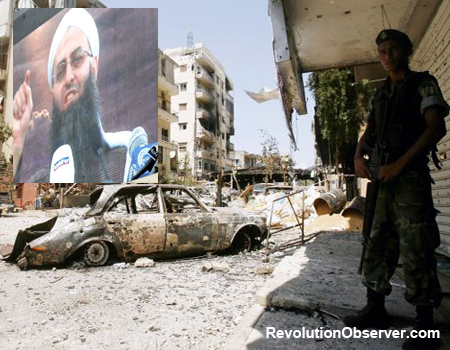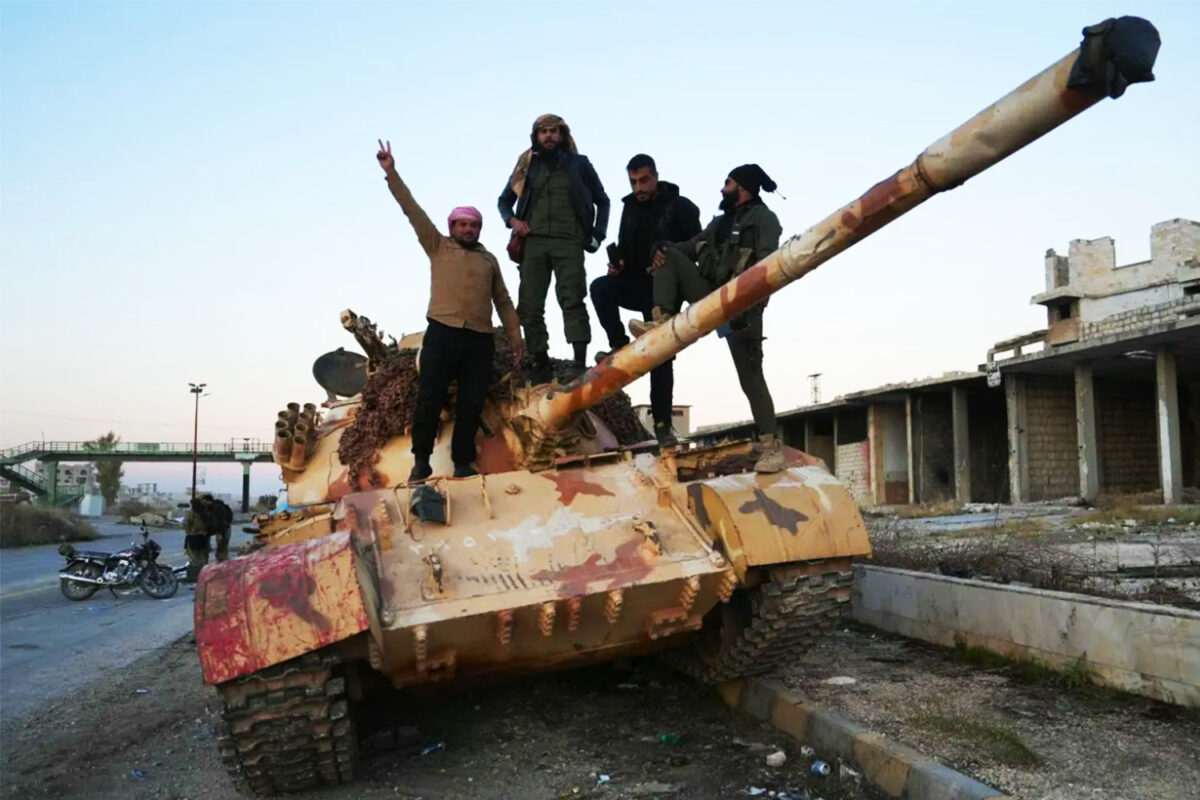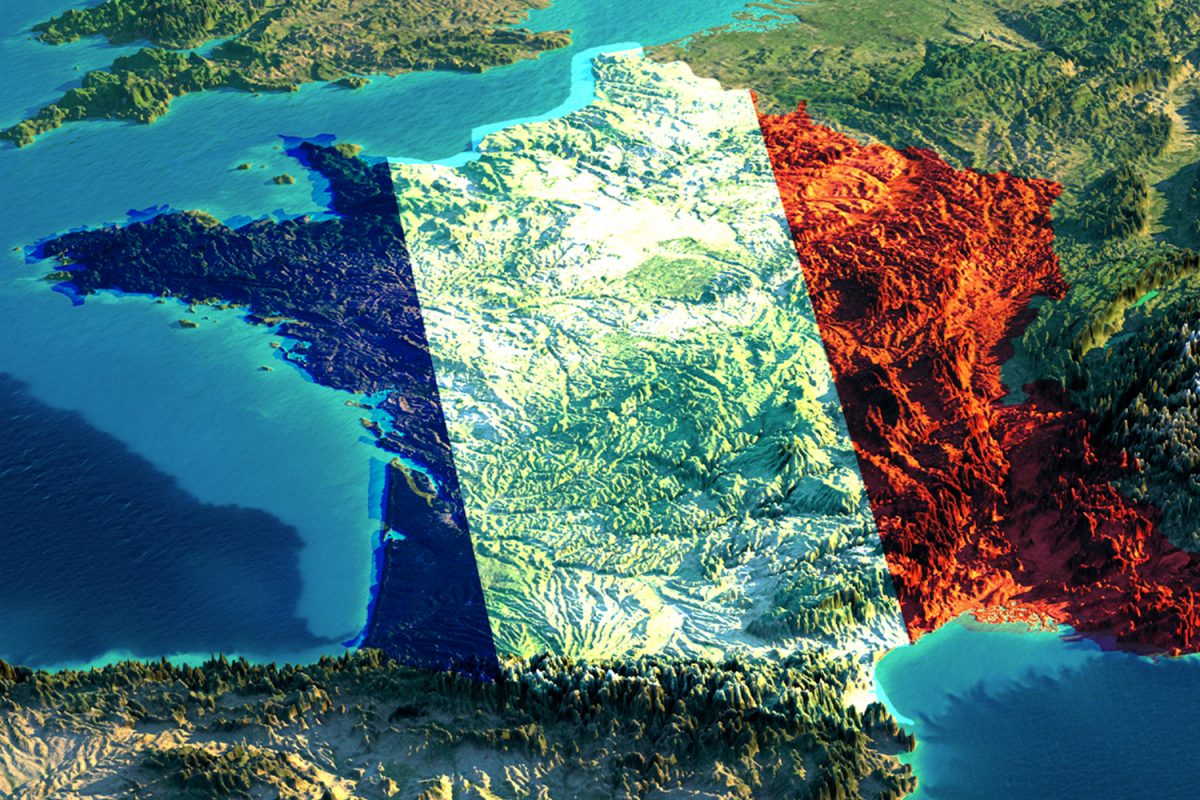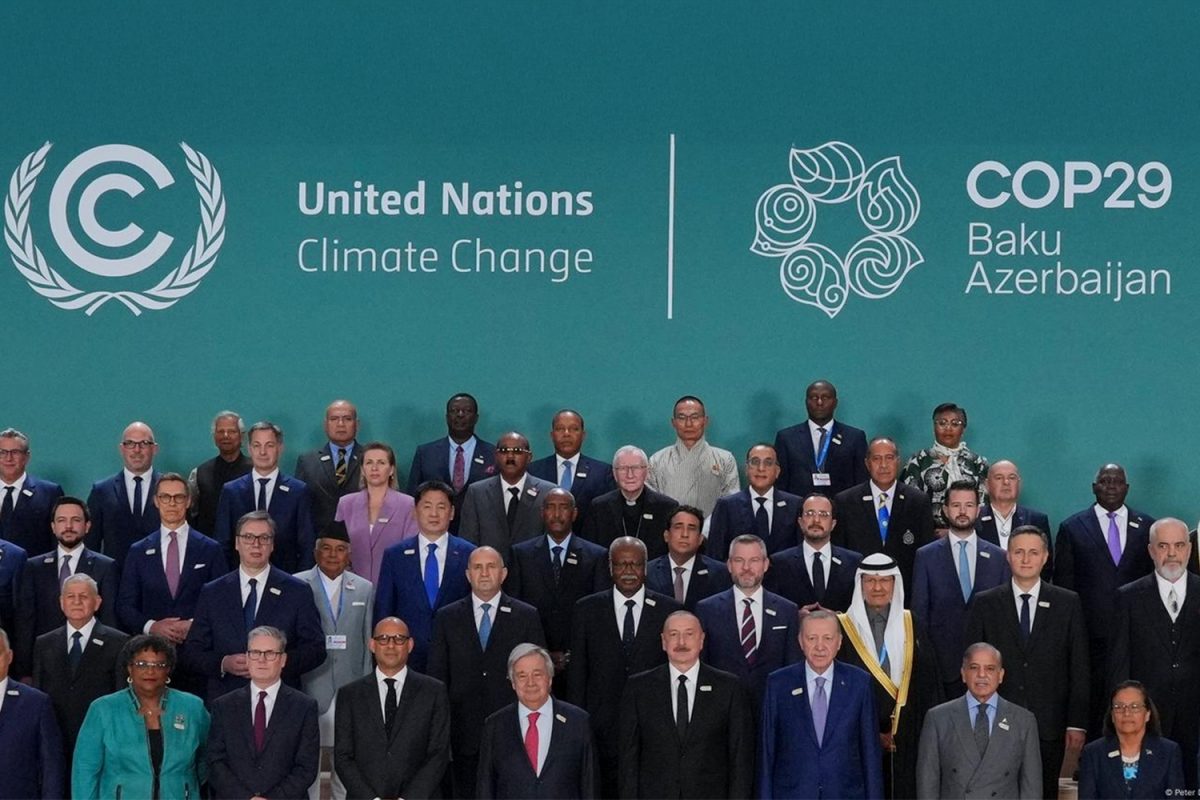Note from the Editor: In the final week of June 2013, the Lebanese Army stormed and took control of Bilal Bin Rabah mosque, in the Sidon suburb of Abra, clashing with the supporter of Sunni Imam Ahmad El-Assir, who is known for his support of the Syrian revolution and the Syrian rebels. Those events were covered in the mainstream media from the viewpoint of the the Lebanese government, who maintains a vague position from the events in Syria, but tries to shut down any support for the Syrian rebels, while turning a blind eye towards the staunch involvement of Hezbollah in supporting the Syrian regime. Revolution Observer brings a special report by our contributor from Lebanon, to shed light on those events and their aftermath in the Lebanese scene.
Beirut, Lebanon
Few can tell what really happened and how the battle began. The story as it has been told by many is as follows: On the afternoon of Sunday June 23, 2013 a supporter of Sheikh Ahmad El-Assir, the Imaam of Bilal Bin Rabah Mosque in Abra, was stopped at a Lebanese Army Checkpoint. All of a sudden, a shooting targeting the checkpoint killed two officers and one military personnel. The Army accused El-Assir’s group, thus leading us to the beginning of this battle. Later, Sheikh El-Assir accused militia men, who belong to Hezbollah, of targeting the Army. [1]
The battle lasted for two days. No clear answer was given about the whereabouts of Sheikh El-Assir and his companion (and former pop singer) Fadl Shaker. During the battle, the electricity in all of Lebanon went out. The government said it was facing problems in the Zahrani Power Plant near Sidon, the city where Abra is. Reports from the civilians in Sidon City say that the internet connection was also not working during the battle.
Pictures coming from the battle scene clearly show that the Army was not alone in fighting El-Assir’s group. Militia men wearing army suits with a yellow strap around their arms along with grown beards (which the ordinary military are obliged to shave daily) highlight the active role of Hezbollah backing up the army in the battle. Moreover there are reports from Sidon that Hizbollah targeted the Bilal Bin Rabah Mosque and its surrounding area with the rocket shells from Sidon Lane and Mar Elias Hill districts – dominated by Hezbollah. Mitchell Prothero, writer/photographer, tweeted the following message: “I just spent 3 hours with the Hezbollah unit taking down El-Assir’s men in Sidon. There’s no debate Hezbollah led this fight.”[2] MP Bahiya El-Hariri who lives near Abra accused Hezbollah of besieging her house during the battle. In a press conference during the battle, MP Walid Jumblatt said that he called the Head of the Liaison Committee and Central Coordination in Hezbollah, Wafiq Safah, who promised that Hezbollah Militia Men would withdraw from Abra.[3]
The Aftermath
After the battle was over on Monday afternoon, all those who backed the Syrian Revolution in Lebanon, mostly Sunni Muslims, felt deeply defeated due to the continuous strikes targeting their regions even before the Abra incident like Arsal, Tripoli, and Masnaa. It was two days to the Abra’s Incident when Mohammad Attar, a civilian, was killed by the Lebanese Army in Masnaa the location where people have blocked the road to Damascus to protest the 4th day of the besiege of Arsal, by militiamen loyal to Hezbollah. The city of Arsal lies on the Syrian border whose population is mostly made up of Sunni Muslims. There is a growing sense amongst the majority of Sunni Muslims that the Lebanese Army fought the battle of Abra on behalf of Hezbollah, and Sunni leaders also covered the battle giving a green light for continuation of the battle against the will of the population.
The followers of the Sheikh El-Assir were chased and captured throughout Sidon City. Hundreds were imprisoned, scores killed during the battle, while others were humiliated on random checkpoints made by Hezbollah militiamen, as per personal reports. Videos came up later spread on social networks showing the humiliation and beating of a Syrian Citizen who works in Bilal Bin Rabah mosque by Lebanese Army Men. Nader Bayoumi, a supporter of Sheikh El-Assir, handed himself to the army and was driven to the Zughaib Military Barracks. Later his body was handed to his parents with the clear signs of torture on his body.[4] Till today as this article being wrote tens of men are still under investigation by the military intelligence.
Feeling the fall, on Tuesday evening, a day after the battle, an anonymous call for a Friday Day of Rage against the government was spreading fast on social networks. Two days later on Thursday morning Hizb Ut Tahrir, the global Islamic political party, officially called people to join the party for a day of rage against the government under the title: “Our Will will not be broken and your campaign will be defeated,” accusing the US Administration along with Hezbollah and the Lebanese Government of conspiring against those in Lebanon who back the revolution of Syria by targeting each faction singularly.
The US Stance
Three days before the battle, U.S. Special Forces commander, Admiral Kerry Metz, met the Lebanese Military Commander, General Jean Kahwaji. It was not clear what the meeting was about. Moreover, after the battle on Thursday US Secretary of State, John Kerry, in a call with Lebanese President, Michel Suleiman, reiterated the “US support of the efforts made by the Lebanese Army in eliminating the terrorists’ outposts” as per Kerry’s Words. It was known to the people in Lebanon that Hezbollah militia men were at least partially involved in the battle, thus such a statement by Kerry raises big questions regarding the so-called allies of US in Lebanon, mainly March 14 Coalition. While the US insists on labeling Hezbollah as terrorists, they actually supported Hezbollah, along with the Lebanese Army, in the fight against supporters of the Syrian revolution.
The Day of Rage
By the evening before the Day of Rage, only one party had officially called the masses to go down to the streets of Tripoli, Beirut, and Bekaa Valley. In the morning, the Committee of Muslim Scholars, headed by Sheikh Salem El Rafei, called for a gathering at the Friday Prayer in Taynal Mosque in Tripoli. The Mufti of Sidon earlier on Thursday ordered the closure of all Sidon’s Mosques and called for united prayer in Zaatari Mosque. No noticeable movement occurred in Beirut except for the call of Hizb Ut Tahrir in Tarik El-Jdeedeh district near the Imam Ali Mosque.
Anger could be clearly seen in the streets of the major cities in Lebanon. In Sidon. where the battle took place, and as the Mufti of the City was giving his speech people were throwing their shoes towards the mosque because he said that all of us must respect the Lebanese Army. Moreover, after the prayers tens of people decided to head straight to Abra where the army was still localized. In Tripoli, as the Imam of Taynal Mosque was giving his speech and mentioned that all people must be under the sovereignty of the government, some armed men went out to the mosque’s yard and opened fire in the air signaling to the imam to stop the speech. Later in Tripoli, gunmen filled the streets destroying the “Army Martyrs Monument” there. Along this, supporters of Hizb-ut-Tahrir set off from Mansouri Mosque in a demonstration roaming the streets of Tripoli. Other people removed a big picture of Ex-Prime Minister Saad El Hariri in Tripoli’s main square and raised Sheikh Ahmad El-Assir Picture as a protest of Hariri’s stance during the battle. In Beirut, the scene was in Tareeq El Jdeedeh where the masses were peacefully protesting what the Army did along with Hezbollah in Abra. Later that day, MP Sanyoura and MP Hariri along with some figures from Sidon met Prime Minister (Caretaker) Najib Mikati, General Jean Kahwagi, and Edmon Fadel, Head of Army Intelligence, to raise the issues that were happening in Sidon after the battle and to calm down the masses
Abra’s incident may not be the last. As long as the Revolution in Syria is prolonging the situation in Lebanon may get worse leading to a mass explosion especially in Sunni Areas. Unless the government would show equality and neutrality towards its people the situation is heading to another Syrian Scene but this time in Lebanon.
[1] http://www.naharnet.com/stories/en/87915
[2] https://twitter.com/mitchprothero/status/349146284227194880
[3] http://www.dailystar.com.lb/News/Local-News/2013/Jun-24/221385-attack-on-army-draws-resounding-condemnation-from-politicians.ashx#axzz2YPBEjiyz
[4] http://english.alarabiya.net/en/views/news/middle-east/2013/07/01/Lebanon-s-military-gives-the-boot-in-Sidon.html





